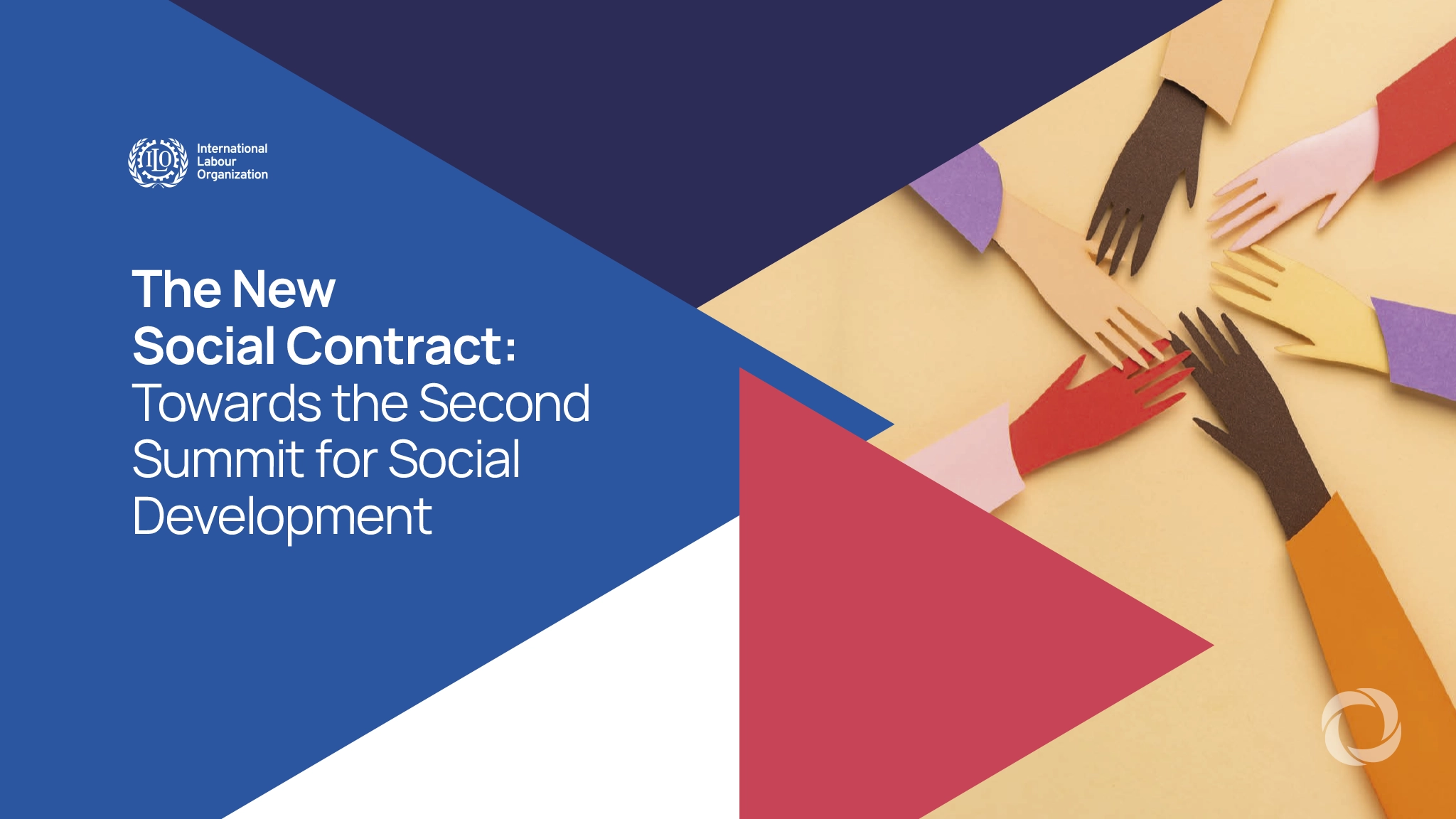Big changes are reshaping the world of work, deepening inequalities and putting pressure on social and economic systems, prompting trade unions to call for a renewed social contract built around decent work and labour rights, the International Labor Organization (ILO) said. The New Social Contract: Towards the Second Summit for Social Development report brings together perspectives from trade unions worldwide gathered at regional and global conferences run by the ILO Bureau for Workers’ Activities throughout 2024 and 2025 ahead of the Second World Summit for Social Development in Doha.
Insecure jobs, widening pay gaps, and shrinking labour rights are getting worse because of climate change, rapid tech shifts, demographic changes, and weakening international cooperation. Social contracts in many countries aren’t protecting workers or delivering social justice anymore. The report lays out a call by workers’ representatives to renew the social contract, putting decent work, rights, and inclusion at the center while staying nimble enough to handle fast-moving societal changes.
Trade unions say decent work and labour rights are fundamental. Freedom of association, collective bargaining, and protection against discrimination, child labour, and forced labour aren’t negotiable. They want economic policies to shift toward pro-employment frameworks, coherent trade policies, and responsible international financial moves that line up with the ILO Decent Work Agenda.
Fast-moving digitalization, AI, and climate change bring both risks and opportunities. Transitions need to be human-centered, mixing reskilling, social protection, and worker participation so vulnerable groups—particularly women, youth, migrant workers, and those in the informal economy—benefit from these shifts.
The report offers practical guidance for policymakers, employers, and international partners to turn promises into real results. Trade unions are adapting by focusing on inclusion, building economic know-how, forming alliances, and using digital tools to better shape policies and protect rights across borders.

